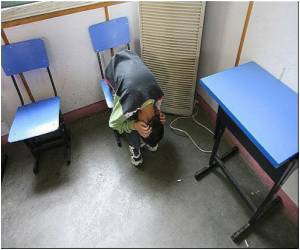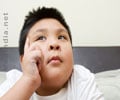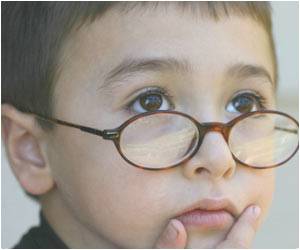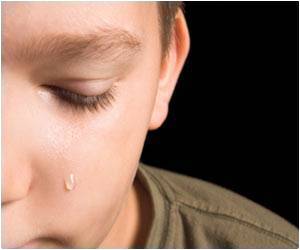In a recent research it was found that children with chronic health conditions are 88% more likely to suffer from physical abuse than healthy children.

"Twelve per cent of all the children who took part in the survey said they had been physically abused, 7% had witnessed intimate partner violence and 3% had experienced both" says lead author Birgitta Svensson from the Department of Health and Environmental Sciences at the University. "But when we looked at children with chronic illness, the figures were significantly higher for physical abuse and for physical abuse combined with intimate partner violence."
Child physical abuse ranged from severe shaking, ear boxing and hair pulling by an adult to being severely beaten with a hand or device. Intimate partner violence was defined as a child seeing adults in their family hit each other.The research work is published in the March issue of Acta Paediatrica.
"It is clear from our study that children with chronic health conditions face an increased risk of child physical abuse and intimate partner violence and that certain factors may unite this group, regardless of the nature or severity of their health problem" says Svensson.
"Further analysis showed that children with chronic health conditions faced an even higher risk of physical abuse when they were also born outside Sweden or lived in a low income family. The most vulnerable children were those that fell into all three categories."
Key findings of the study include:
Advertisement
- 39% of the children reported chronic health problems � 25% reported one, 10% reported two and 4% reported three or more. Children aged 15 reported significantly more chronic health problems than younger children.
- Having a chronic health condition raised the risk of physical abuse by 88%, as did being 15-years-old (+77%), male (+30%), born outside Sweden (+113%) and not living with both biological parents (+90%).
- 7% of the healthy children and 12% of the children with chronic health problems had suffered physical abuse only.
- Chronic health raised the risk of physical abuse only (+ 67%) as did being 15 (+37%) male (+49%) and born outside Sweden (+89%).
- Abuse rates increased with the number of chronic health conditions, from 10% for children with one to 16% for children with three or more.
- 2% of the healthy children and 5% of the children with chronic heath had suffered physical abuse and witnessed intimate partner violence.
- Chronic health raised the risk of experiencing both (+154%) as did being 15 (+192%), born outside Sweden (+128%) and not living with both biological parents (+314%).
- The chance of experiencing both increased with the number of chronic conditions, from 3.5% for children with one to 12% for children with three or more.
Source-Eurekalert









